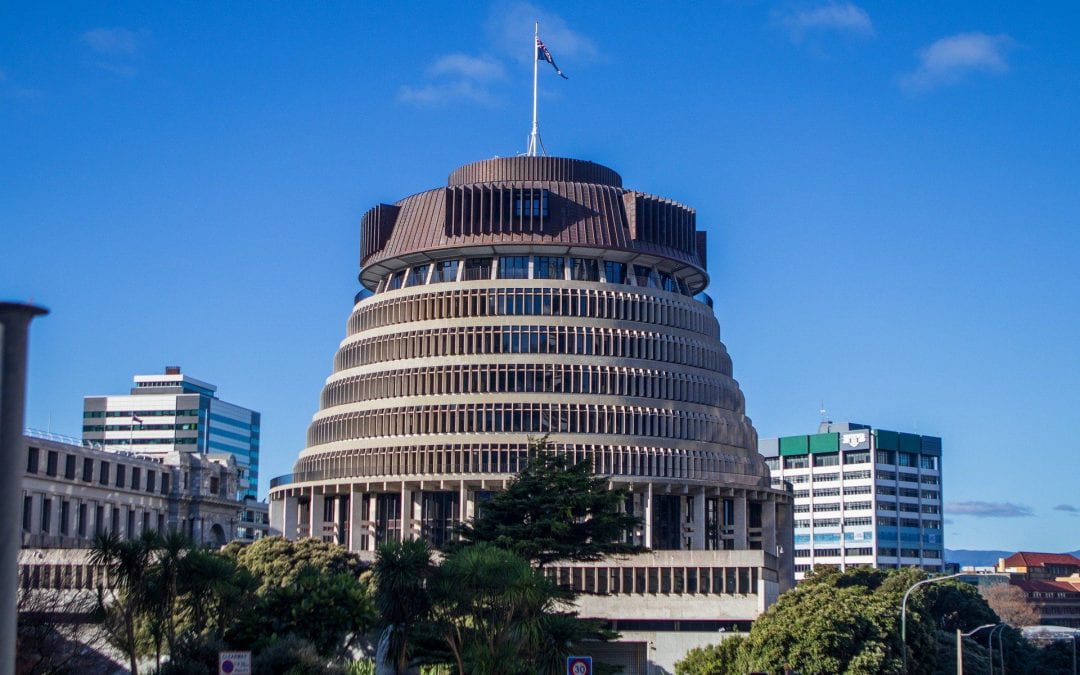In this talk hosted by Koi Tū: Centre for Informed Futures at the University of Auckland, Associate Professor Jennifer Lees-Marshment and Dr Edward Elder will use Vote Compass data to highlight the key lessons learned about political marketing and policy from 2020, taking both political communicator and practitioner perspectives.
In the 2020 New Zealand general election, a tool called Vote Compass was used by TVNZ to track public interest in policy issues in the weeks leading up to the election.
This tool provides invaluable information for both policy makers and political marketers as it tracks, in real-time, the issues of the day that are top of mind for the public.
This talk will cover:
- Public opinion on the most important issues for the public at that time.
- Emerging new trends
- Areas where there was room for leadership.
- A review pre-election political marketing
- Strategic insights into the complexity of “the results behind the results”.
Based on their new book, “Political Marketing and Management in the 2020 New Zealand General Election,” the talk will also look at some events that have occurred since the election and what these mean for New Zealand politics and future policy.
Watch the seminar here.
Jennifer Lees-Marshment is an Associate Professor in Politics and International Relations at the University of Auckland. She is a world expert in political marketing with additional research interests in political management, public input, and political leadership.
Edward Elder is a Professional Teaching Fellow at the University of Auckland. His research focuses on political marketing and strategic communication in New Zealand and the United States.
For more of our audio and visual content, check out our YouTube channel, or head to the University of Auckland’s manuscripts and archives collection.
Disclaimer: The ideas expressed in this discussion reflect the views of the guests and not necessarily the views of The Big Q.
You might also like:
Who is looking the best for New Zealand’s general election?
A red tide: What does Jacinda Ardern’s historic victory mean?

